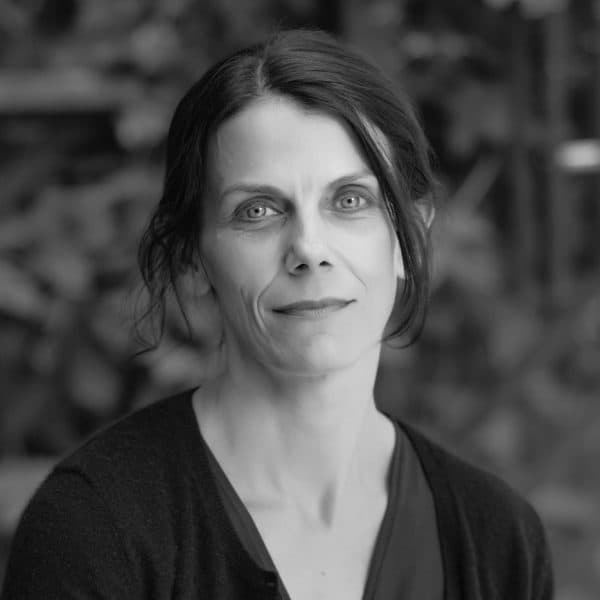Advertisement
Commentary
Families make us who we are. What remains after they’re gone?
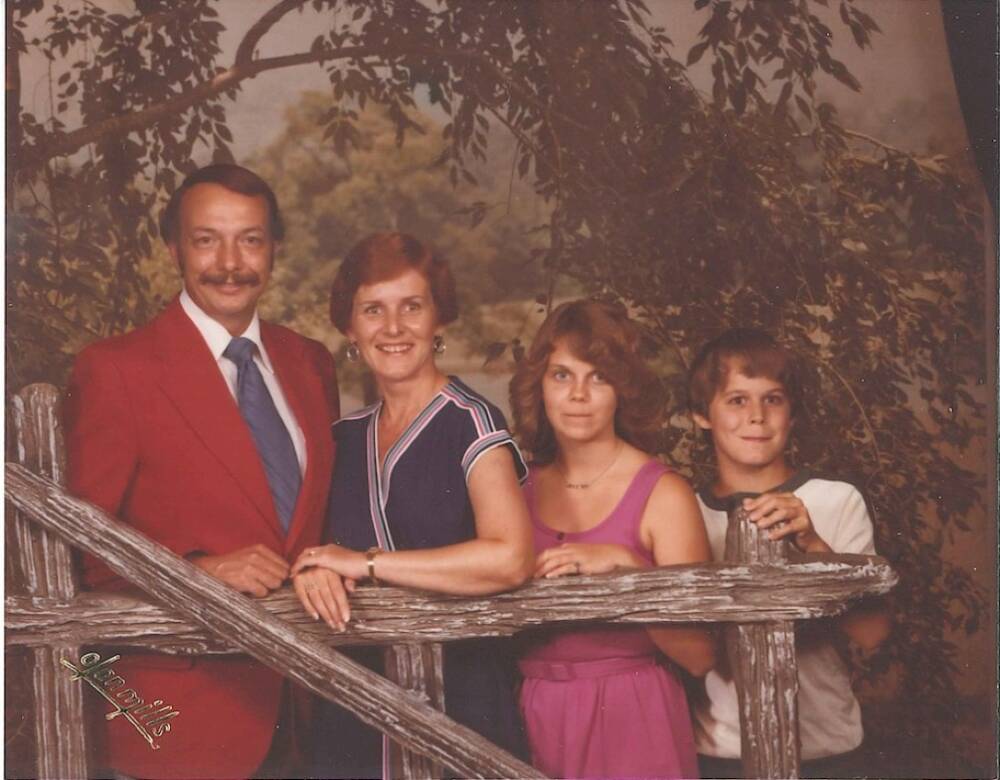
I’ve always loved Philip Larkin’s poem, "The Mower." When the narrator's lawnmower stalls in long grass, he finds a hedgehog “jammed up against the blades, / Killed.” He ruminates on “its unobtrusive world": “The first day after a death, the new absence is always the same; we should be careful of each other, we should be kind. While there is still time.”
When I mentioned the poem in an English literature paper three decades ago, my professor dismissed it, in red pen, as maudlin. I had to look the word up: empty, tearful, often drunken sentimentality, derived from Mary Magdalen weeping. I was embarrassed, but have held onto the pictures and emotions Larkin evokes. Long grass, the quotidian details of individual lives and deaths and the quietly urgent reminder to be kind in a world where death and illness sometimes seem to lurk around each corner.
Since spring 2020, four of my family members have died: my father, brother, mother, and a cat named Silas. None of my human deaths was caused by COVID, but the eerie isolation of the pandemic years marked each of our lives and the deaths of those we love indirectly and indelibly. My family was no exception.
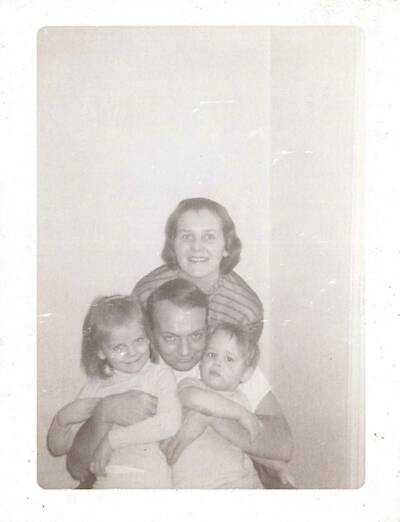
Dad went first, alone in an Ohio palliative care unit. Jack Beard, electrician at Packard Electric for 50-some years, silent, stoic. Ready to laugh and easy with his wide circle of friends. Awkward and prickly at home. An old-fashioned man-of-the-house, provider, disciplinarian. He picked up a six-pack every night after work, easing into his evening on the porch, green Dickie’s shirt open. Within an hour, he was up again to cut the grass, tend the roses, weed-whack the ditch. The increasing value and power of his lawnmowers, one of the few luxuries he allowed himself.
Chemotherapy killed my dad more quickly than his bladder cancer would have. He was so weakened after two treatments that he couldn’t get out of his recliner. My brother, a firefighter and paramedic, called his colleagues at the fire station and helped them carry Dad to the ambulance. That was March 10, 2020. COVID-19 no-visitor policies had just started. We never saw him again.
Dad died a month later of heart failure, alone, without even the emotional warmth of a video chat to accompany him as he crossed the finish line of his 83 years.
Two days later, that same brother, John Michael Beard, my only sibling, died at home, also alone. Cynical, hilarious, a gregarious stealth-introvert, John had been managing Dad’s care, helping us all navigate the new health care lockdown. As a paramedic, he was also living with the new mystery coronavirus and even more unknown risks than usual.
John was always taking care of things. None of us could have guessed that he would be the next to go. I was in Boston, not seeing the strain under his bluster and sarcasm. But I’m not sure I would have, even if I had been living in the same house.
Advertisement
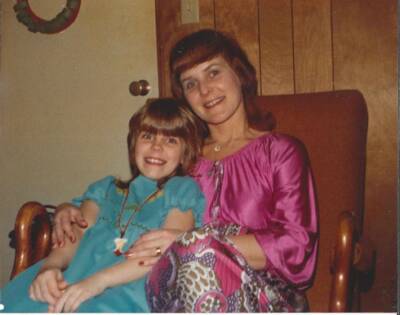
My mom and I had 14 months to mourn and celebrate Dad and John and get to know one another again. I'd left Ohio for graduate school in New Hampshire in 1991. Though I visited twice a year, I had let my relationship with both parents drift. That year after Dad and John died was filled with loss and grief, but it also brought gifts.
Again and again, I witnessed Mom’s remarkable strength. In one weekend, she lost her husband of 57 years and her youngest and closest child (John lived five miles away). A double blow like that, combined with the gloom and isolation of those early COVID days, could have knocked her down for good. But she was determined to claim her new independence.
Irene Bogacki met my father when she was 20 at a Lake Erie resort where their friends tricked them into a blind date. The following summer, 1963, they married and she moved to Youngstown, Ohio from Astoria, New York. She was happy with her life as a wife and mother, and later a licensed practical nurse. Now 77, she was ready to ponder new identities and adventures.
Mom’s re-imagining was cut short by stage 4 breast cancer. She died in August 2021, departing via the intensive care unit. The only comfort in her cubicle was the Benny Goodman music turned on by a thoughtful nurse. She wasn’t alone. I was there, as was my sister-in-law. She went quickly, just 10 minutes after they removed the respirator. Still, she did not die peacefully.
Silas was the last to go. He had moved in on a cold Saturday in February when Mike, my partner, brought him home from the Animal Rescue League in a cardboard box. Best estimate 8 years old, crooked tail, white and black cow coat, chubby. His clipped left ear signaled that he had spent his kittenhood as a stray. The lymphoma diagnosis came three years later.
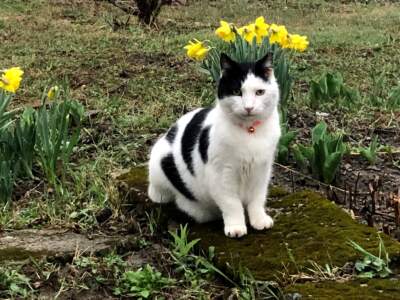
Silas died on a fickle warm-cold May afternoon beside a budding peony bush, curled on a chunk of mossy puddingstone. We knew he was ready when he stopped eating, when his legs could barely hold him, when his dehydrated face was more fox than cat. On his last night, the downstairs neighbors visited and shared pictures. They came again that morning with flowers and incense. Once Dr. Jeremy arrived, it was over in a few minutes. Beautiful, dignified, and utterly sad.
As the only remaining member of my immediate family, I feel a heavy responsibility to remember, for all of us. I haven’t really cried since this wave of loss started to crest. I sometimes wish I could, but I also accept that we all grieve in our own ways. Writing about my parents, my brother, our life together, is a way to be with them, to know them better. To remind myself and the people who loved them that they were here, that their lives were of consequence.
As time passes, loss eases into vibrant flashes of memories long dormant. Ohio summer nights humming with insects. The sweet smell of cut grass. Dad sweating Stroh’s Light in the July heat. Mom watering fuchsias in the gloaming. John tearing through the days of our childhood. And the cats who accompanied us: Alexander, Skinny, Timmy, Garfield, Maude, Dustin, Lexie, Austen, Ursula, Lulu, Silas.
We should be careful of each other, we should be kind. While there is still time.
